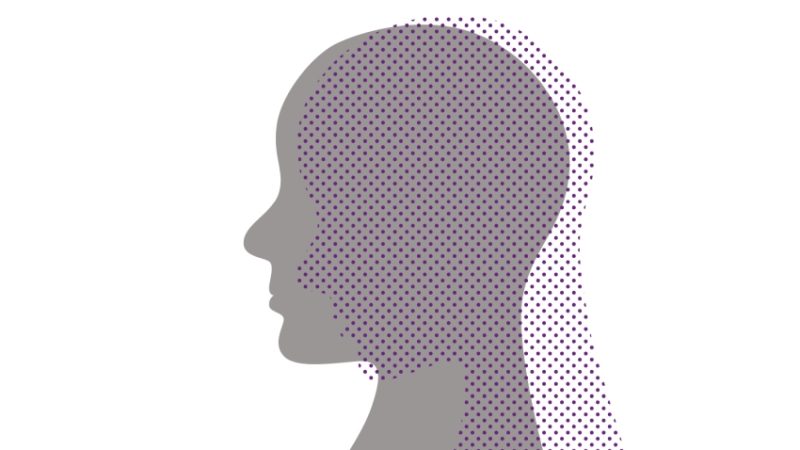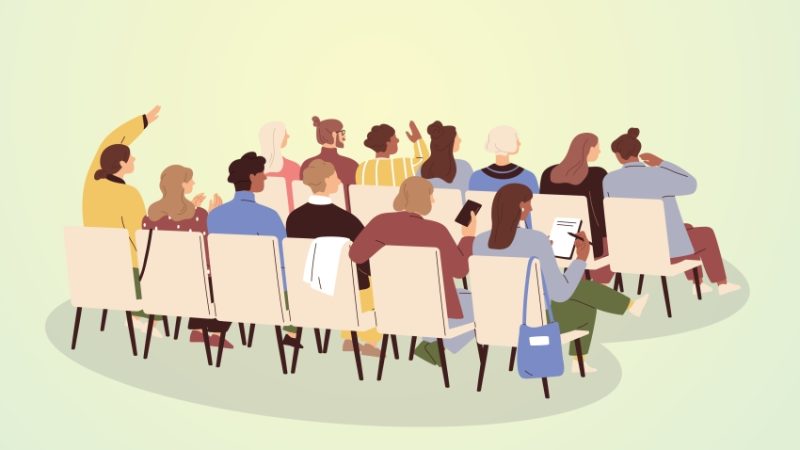Nature-based learning – 5 ways in which it can help improve outcomes

Dr Alexia Barrable highlights five benefits you (probably) didn’t know about the practice of incorporating the natural world into your teaching and learning…

1. Nature activates our relaxation response
We humans have evolved to live and develop optimally in natural environments. Our brains and bodies have been in sync with nature for thousands of years, as can be seen in our physiological responses. Put simply, something rather magical happens when we find ourselves in natural environments. Our heart rate and blood pressure stabilise, and our parasympathetic nervous system (i.e. our ‘relaxation response’) is activated. I often talk about ‘rest, digest AND learn’, because when we’re in that relaxed state, optimal learning can take place.
2. You don’t need the wildest nature
While we know that natural environments such as parks, forests and coasts activate that response, research suggests that a similar physiological response can be activated just by suggestions of nature. Pictures of natural environments (even when displayed on a computer), natural soundscapes, such as waves or rainforest ambience, and sharing our room with plants or flowers can have a marked effect on our bodies.
3. Nature can support those with ADHD symptoms
Several studies now suggest that time spent in nature, including walks in parks and other green spaces, can have a positive effect on children’s attention. In studies examining children with ADHD, researchers have found that time in nature was as effective as medication in reducing ADHD symptomatology in children.
Browse resources for ADHD Awareness Month.
4. Relationships with nature are good for us
People who are connected to nature are happier, feel more alive and enjoy more positive moods. Beyond that, being connected to the natural world is also good for nature itself and the rest of society too, with nature connection typically associated with pro-environmental and pro-social behaviours.
5. There’s a dip in nature connection during adolescence
At a time when most young people would benefit hugely from having a connection to the natural world, we know from several research studies that this relationship suffers in the teenage years. This ‘teenage dip’ in nature connection occurs at around 13, with most not seeming to fully recover it until well into their 30s.
By boosting young people’s connection to nature earlier via nature-based learning and other approaches, we can help support their mental health and wellbeing while in turn helping to protect our planet.
Dr Alexia Barrable is a qualified teacher with a PhD in psychology in education and is currently conducting research on the human–nature relationship; her new book, Independent Thinking on Nature-Based Learning, is available now (Independent Thinking Press, £9.99)












